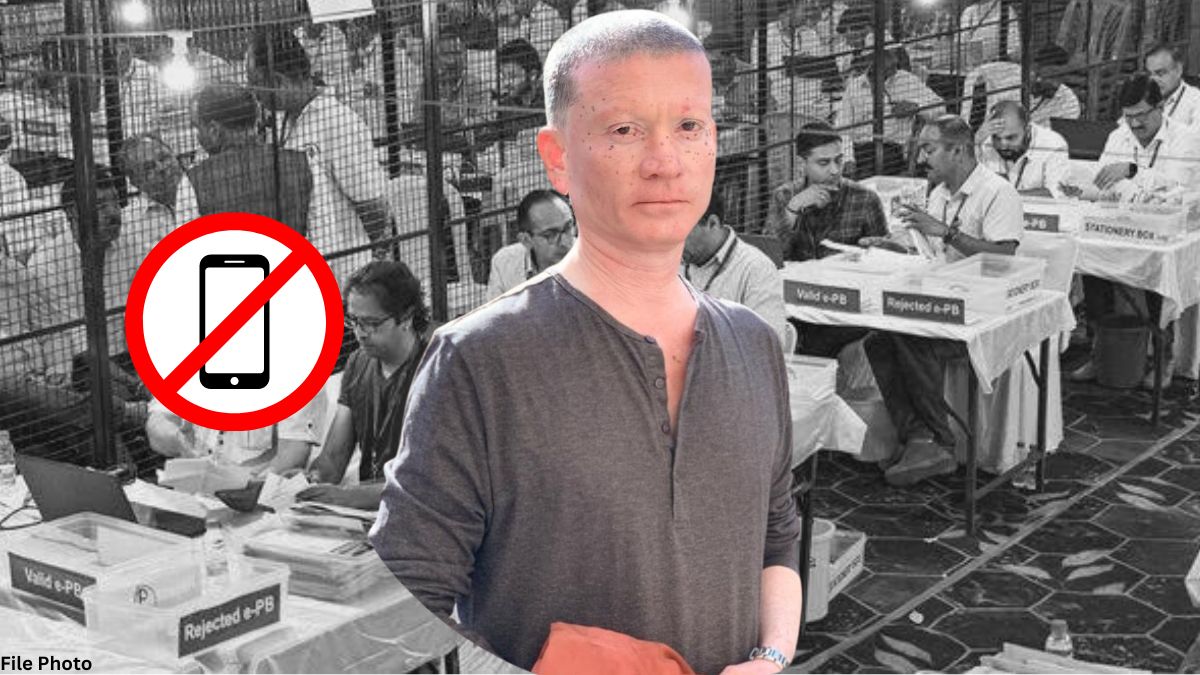Priyal Singh, Mumbai Uncensored:
The sharp rise in payment frauds in India, with a staggering increase of 70.64% between October 2023 and March 2024, underscores the pressing need for robust cybersecurity measures in the digital payments landscape. As more transactions shift online, the risk of fraudulent activities has escalated, posing significant challenges to individuals, businesses, and financial institutions alike.
Digital payments have become increasingly popular in India, driven by factors such as convenience, accessibility, and government-led initiatives to promote cashless transactions. However, this rapid digitization has also attracted cybercriminals seeking to exploit vulnerabilities in payment systems and defraud unsuspecting victims.
Common types of payment frauds include phishing attacks, identity theft, card skimming, and unauthorized transactions. Cybercriminals employ sophisticated techniques to deceive users and gain access to their sensitive financial information, leading to financial losses and reputational damage.
The surge in payment frauds highlights the need for proactive measures to enhance cybersecurity awareness, strengthen authentication protocols, and deploy advanced fraud detection technologies. Financial institutions must invest in robust cybersecurity infrastructure and collaborate with law enforcement agencies to combat cyber threats effectively.
Moreover, educating consumers about safe online practices and promoting cybersecurity hygiene are essential steps in mitigating the risk of payment frauds. Individuals should exercise caution when sharing personal information online, avoid clicking on suspicious links or emails, and regularly monitor their financial transactions for any unauthorized activity.
Regulatory bodies and policymakers also play a crucial role in combating payment frauds by enacting stringent regulations, imposing penalties for non-compliance, and fostering collaboration among stakeholders to address emerging cyber threats effectively.
As India continues its digital transformation journey, addressing the growing menace of payment frauds is paramount to maintaining trust and confidence in digital payment systems. By adopting a multi-pronged approach that combines technological innovation, regulatory oversight, and cybersecurity awareness, India can effectively safeguard its digital economy and protect consumers from financial frauds.
In conclusion, the sharp increase in payment frauds underscores the urgent need for proactive cybersecurity measures to safeguard India’s digital payment ecosystem. By enhancing cybersecurity awareness, strengthening regulatory frameworks, and fostering collaboration among stakeholders, India can mitigate the risk of payment frauds and build a resilient digital economy that promotes trust, security, and financial inclusion.





 Crime News2 months ago
Crime News2 months ago


 Special Editions3 months ago
Special Editions3 months ago


 Special Editions3 months ago
Special Editions3 months ago


 Special Editions1 week ago
Special Editions1 week ago


 Special Editions1 week ago
Special Editions1 week ago
















